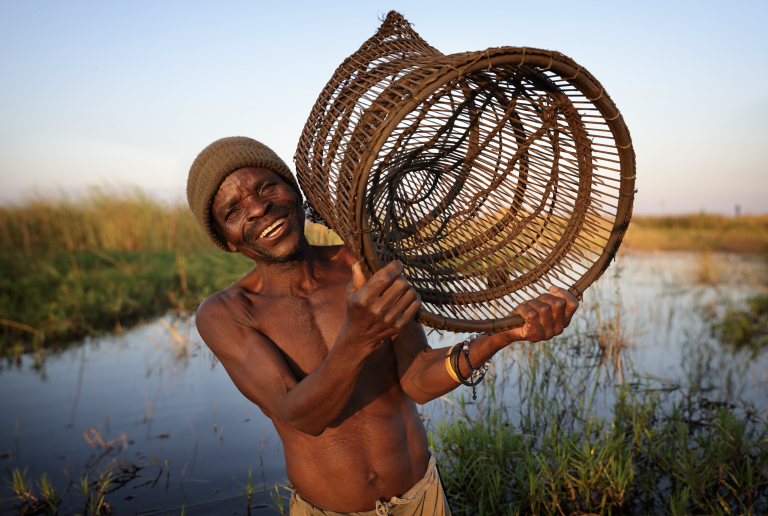While economic development policy should be centrally led, local implementation should be at the core as it recognises regional differences, needs, priorities and development opportunities.
Malawi—a peaceful democratic nation—has struggled on its pathway to prosperity. Since independence, little progress has been made to improve the means of a sustainable livelihood for the entire country and maximise Malawi’s economic potential.
Click here to download the report
A series of reforms in the economic and political infrastructures have failed to deliver a fundamental transformation. The economy is characterised by clientelist behaviour, where wealth and power remain centralised in the hands of a small, predominantly urban elite. In contrast, local administrations lack the fiscal, administrative, and political capacity to deliver services to over 80% of the population. Consequently, there is a significant disparity in the outcomes of urban and rural populations, exacerbated by asymmetric decentralisation across districts and captive political and economic systems.
The Government launched its new vision, Malawi 2063 (MW2063), in 2021 for the purpose of transforming Malawi into ‘an inclusively wealthy and self-reliant industrialised upper middle-income country by 2063’. MW2063 positions the Government at the centre of Malawi’s development agenda and aims to regain control of the nation’s transformation agenda, reducing its dependence on external donors. The Vision’s enablers include strengthened systems of governance and institutions promising openness and transparency, competency and capacity, and sound financial and economic management. The first phase of the Vision is underpinned by the Malawi 2063 First 10-year Implementation Plan (MIP-1).
The report find that meaningful structural change is essential. Particularly, Malawi’s economy would benefit from diversification – shifting from subsistence agriculture towards agro-processing and commercialisation. Greater political inclusiveness and opportunity for all Malawians would allow Micro, Small and Medium Enterprises (MSME) and local entrepreneurs – particularly in agriculture, mining, and tourism – to flourish.
Additionally, our research shows that substantial political reforms must accompany economic changes. Political and economic interests are intertwined and deep-rooted in Malawi, and transformation can come to pass only with greater political participation from rural populations. One of the tenets of the MW2063 is to create inclusive, programme-based political discussions to address the fundamental needs of all Malawians. To ensure these political and economic transformations are successful, the government needs to focus on changing its approach to raising and managing its financial resources.
Finally, decentralisation is imperative at every level across society, so that local communities can access administrative and support services along with economic opportunities. While economic development policy should be centrally led, local implementation should be at the core as it recognises regional differences, needs, priorities and development opportunities.
Malawi faces numerous challenges, but now is an opportune time to shift the economic development trajectory. Strong political will is vital to ending rent-seeking behaviour. An investment in Malawi’s untapped potential can transform it into a self-reliant and prosperous nation in a matter of decades. A country where all Malawians can thrive is a worthwhile venture.


